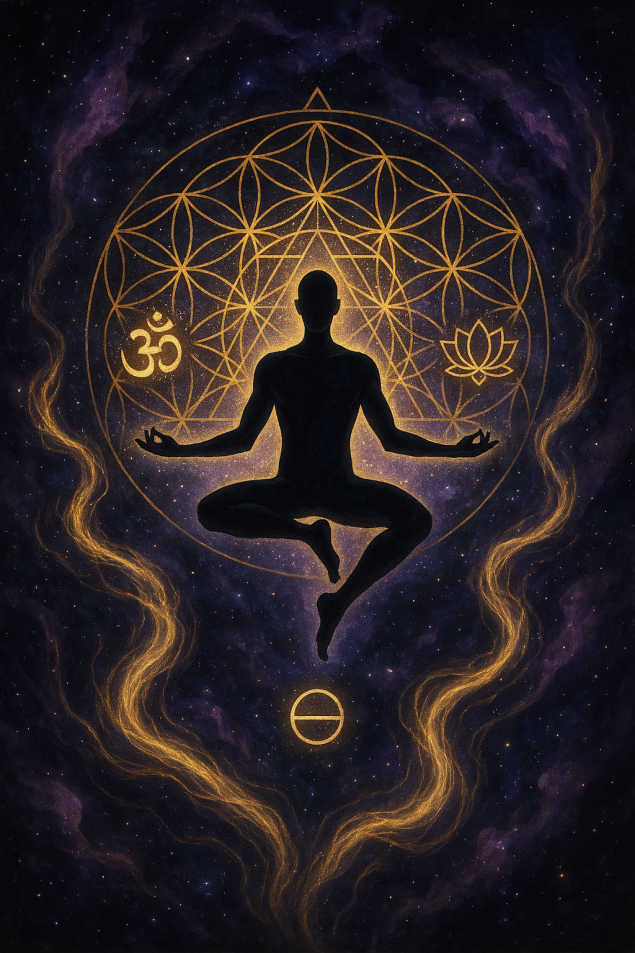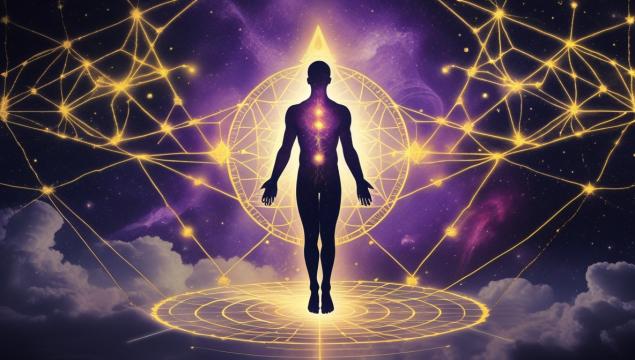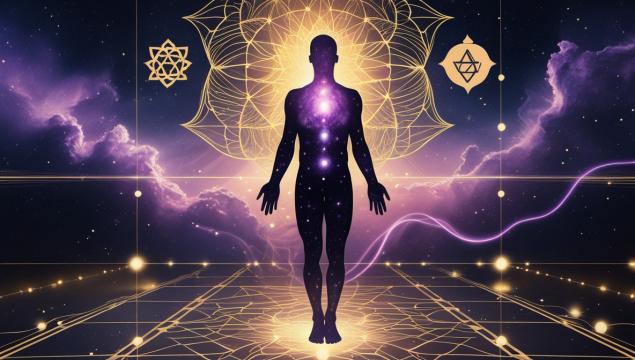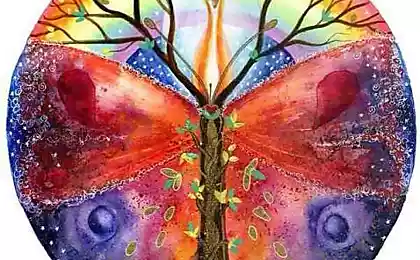180
10 habits of balanced people that are worth developing

In today’s world, filled with stress and constant challenges, the ability to maintain emotional balance becomes a real art. Balanced people aren’t born that way – they form certain habits that help them stay calm in life’s storms. Research in neuropsychology shows that emotional stability is directly related to quality of life and success in various fields of activity.
Emotional balance is not the absence of emotions, but the ability to manage them consciously and constructively.
1 Practice mindfulness in everyday life
Balanced people develop a habit of conscious presence in the moment. This means a complete immersion in current activities without assessments and judgments. Neuroscientists from Harvard University found that regular practice of Mindfulness increases the density of gray matter in areas of the brain responsible for emotional regulation.
Practical advice: Start with a five-minute morning meditation. Focus on breathing, noticing every breath and exhale. Gradually increase the time to 15-20 minutes.
2 Regular physical activity as a basis for stability
Exercise is a powerful regulator of emotional state. During activity, endorphins are produced - natural antidepressants of the body. A study published in the journal Psychosomatic Medicine found that people who exercise regularly exhibit higher stress tolerance.

- Morning exercise triggers serotonin production
- Cardio workouts improve blood circulation of the brain
- Strength exercises increase self-confidence
- Yoga develops flexibility of body and mind
3 Cultivating Gratitude as a Daily Practice
Balanced people keep a gratitude journal, writing down three things they are grateful for every day. This simple ritual reprograms the brain for a positive perception of reality. Dr. Robert Emmons of the University of California has shown that the practice of gratitude increases happiness by 25%.
4 Establishing clear boundaries in relationships
Emotionally mature people can say no without guilt. They understand that setting boundaries is an act of self-respect, not selfishness. Psychologist Henry Cloud in his research emphasizes that people with clear personal boundaries are less likely to experience burnout.
Sandwich technique: When you refuse, first express understanding ("I understand that this is important"), then clearly state your position ("But I can't do this"), and end with an alternative sentence ("Maybe I can help later").
5 Developing an Emotional Vocabulary
Balanced people are not limited to basic emotions like “good” or “bad.” They develop a rich emotional vocabulary that allows them to more accurately identify their feelings. Studies show that people with developed emotional literacy cope better with stress and make more informed decisions.
6 Regular digital detoxes
In an age of information abundance, well-balanced people deliberately limit their consumption of digital content. They set "shutdown hours" when all devices are turned off. Dr. Larry Rosen of California State University found that even short breaks in technology use significantly reduce cortisol levels.

7 Practice deep breathing in stressful situations
Breathing techniques are an instant tool for restoring emotional balance. Balanced people use the technique “4-7-8”: inhale on 4 counts, delay on 7, exhale on 8. This practice activates the parasympathetic nervous system responsible for relaxation.
There is space between stimulus and response. In this space, we have the power to choose our response. In our response lies our growth and our freedom. - Victor Frankl.
8 Developing cognitive flexibility
Balanced people don’t get stuck in negative thought patterns. They practice cognitive flexibility – the ability to view situations from different angles. Psychologist Carol Dweck calls this a “growth setting,” as opposed to a “fixed setting.”
- Ask yourself, “What other explanations are possible?”
- Look for three positive aspects in every difficult situation.
- Practice “yes, and...” instead of “yes, but...”
- See failure as learning opportunities
9 Creating rituals to restore energy
Emotionally stable people create personal recovery rituals. This can be an evening bath with essential oils, a walk in the park or reading before bed. The main thing is the regularity and awareness of these actions. They become anchors of peace in a chaotic world.
10 Investing in long-term relationships
Balanced people understand the value of deep, supportive relationships. They invest time and energy in developing connections with family and friends. The Harvard Happiness Study, which has been going on for more than 80 years, has shown that quality of relationships is a major predictor of life well-being.
The 5-1 rule: For every criticism, there should be five positive interactions. This relationship creates a solid foundation for a healthy relationship.
The Way to Emotional Balance
Developing emotional balance is not a one-time achievement, but a constant process of self-improvement. Each of these habits takes time and practice, but the result is worth it. Start with one or two habits that resonate with you the most, and gradually integrate the rest into your life. Remember, small daily changes lead to dramatic personality transformations.
Glossary of terms
Mindfulness (Awareness)
The practice of concentrating on the current moment without judgment and judgment, developing the ability to self-regulate.
endorphins
Natural “happiness hormones” produced by the body during physical activity and positive emotions.
cortisol
Stress hormone, excessive production of which negatively affects the physical and emotional state of a person.
Parasympathetic nervous system
Part of the autonomic nervous system responsible for the processes of recovery, relaxation and digestion.
Cognitive flexibility
Ability to switch between different concepts or view a problem from different perspectives.
Emotional regulation
The process of managing emotional responses through consciously influencing their intensity, duration, and expression.
serotonin
A neurotransmitter that regulates mood, sleep, appetite, and social behavior, often referred to as the “happiness hormone.”
How to understand yourself and your true desires, if you are used to trying for others
How to slow down when life feels stressful and a race to survive























